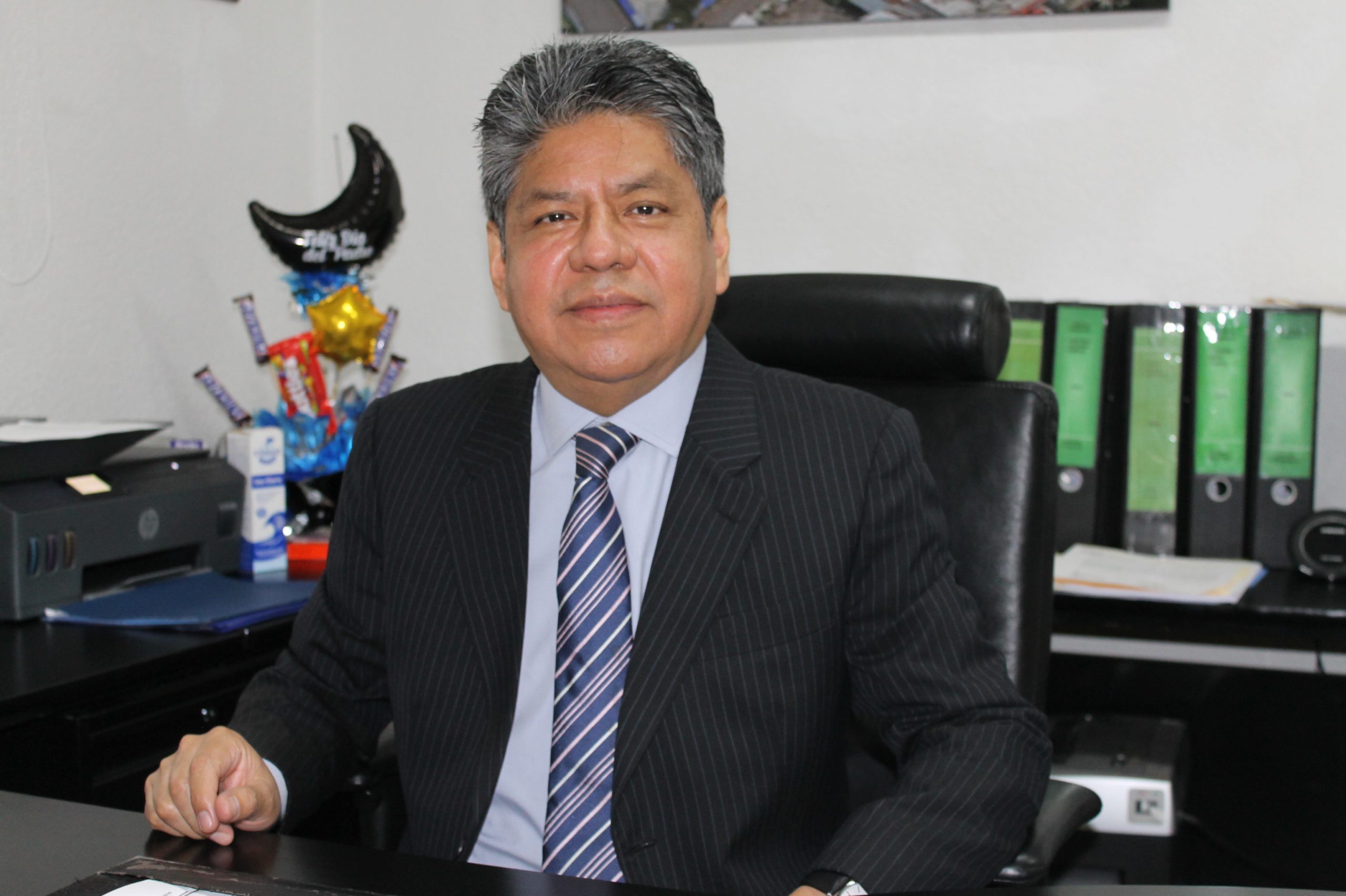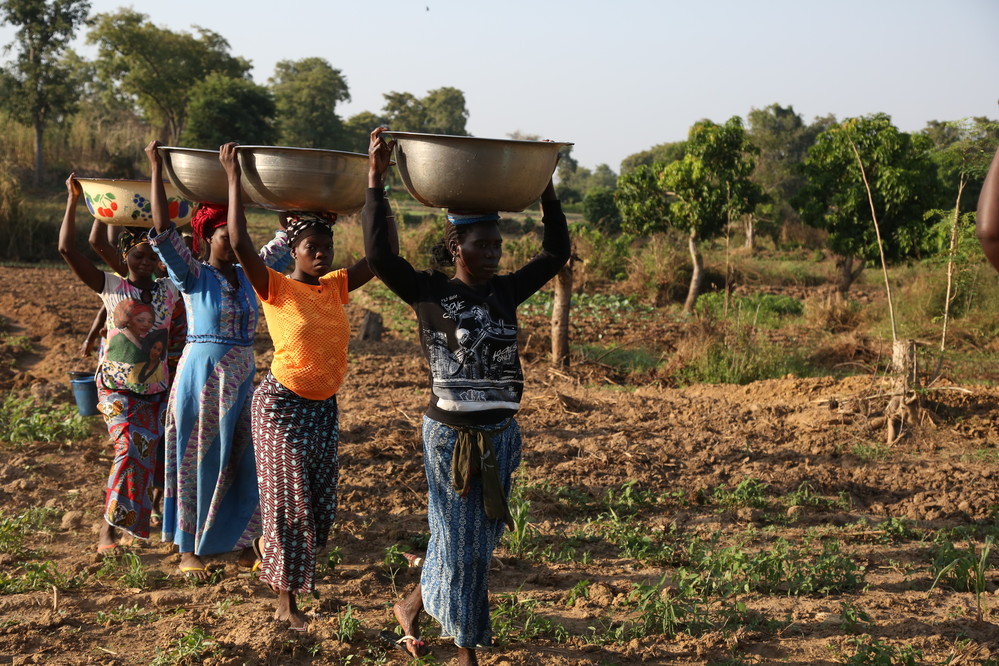Mario Ixcoy, Finance Manager at FEDECOCAGUA talks about how coffee cooperatives in Guatemala have adapted to the COVID-19 crisis and how the federation continues to support these institutions.

Mario Ixcoy, Finance Manager, FEDECOCAGUA
Can you tell us about FEDECOCAGUA and its history?
FEDECOCAGUA, R.L. is the Federation of Agricultural Cooperatives of Coffee Producers of Guatemala and was founded in 1969 by 19 coffee cooperatives in order to export without intermediaries. Today, FEDECOCAGUA, R.L. is composed of 72 cooperatives and works with 150 organizations nation-wide that represent more than 23,000 small producers. Each individual cooperative organizes production and collection, while the federation manages processing from parchment to green coffee in the dry mill and then exports the coffee worldwide.
FEDECOCAGUA, R.L. does business based on certified processes, including FLOCert, Fairtrade standards, Coffee and Farmer Equity (C.A.F.E.) Practices for Starbucks, Rainforest Alliance, UTZ Certified, Nespresso AAA as well as organic coffee. Today, FEDECOCAGUA, R.L. and its cooperatives are proud to be the first producer- exporter and second-largest coffee exporter in Guatemala.
Please tell us about yourself and your role in the federation.
I have been the Finance Manager of FEDECOCAGUA, R.L. since 1999. I am in charge of obtaining and managing the funds that our member cooperatives need for all coffee production activities. It is difficult for cooperatives to obtain credit, though they have great need it, and not only at harvesting time but all year long.
When it is not harvest time, our members need to invest in fertilizers, fungicides or infrastructure, and they also need money for their subsistence. It is only when cooperatives deliver their harvest that they earn income, and it’s a long period to survive with only a one-time payment. FEDECOCAGUA, R.L. borrows funds and offers advance payments to cooperatives, in order to enable them to fund their coffee production cycle.
How have the members of FEDECOCAGUA adapted to the challenges caused by the COVID-19 crisis? What innovations have emerged within the federation in this context?
FEDECOCAGUA, R.L. has been using its financial resources to address the situation and seeking alliances to help its cooperatives. For example, the federation used funds from its USAID Feed the Future project to help cooperatives from a specific area.
The impact of COVID-19 has been relatively low on the organization so far, apart from increased sanitary measures and some shipment delays, which imply delayed payments. As part of the changes in this context, we have seen digitalization taking place among our members such as working from home and holding virtual rather than in-person trainings. This is still challenging as there is little access to internet among the cooperatives.
We put producers at the centre of discussions about agri-finance within the SAFIN network.
Why did FEDECOCAGUA join SAFIN?
The interest in SAFIN for FEDECOCAGUA, R.L. is two-fold: First, we wanted to benefit from the experience of other stakeholders to learn about new trends in agribusiness or other insightful experiences. And second, we wanted to stay informed about financing opportunities for our cooperatives, as local interest rates are about 10%. Finding alternative sources of finance would enable the federation to pay back small producers earlier.
How is FEDECOCAGUA contributing to SAFIN?
FEDECOCAGUA reminds the network that financing smallholders and agri-SMEs is more about the small producers than about financial models. We put the producers at the centre of these discussions.
In the coffee sector, the burden of financing is carried by the producers who finance the whole agricultural cycle and receive payment only when their coffee reaches the customer. It is important to remind other value chain actors of this.

